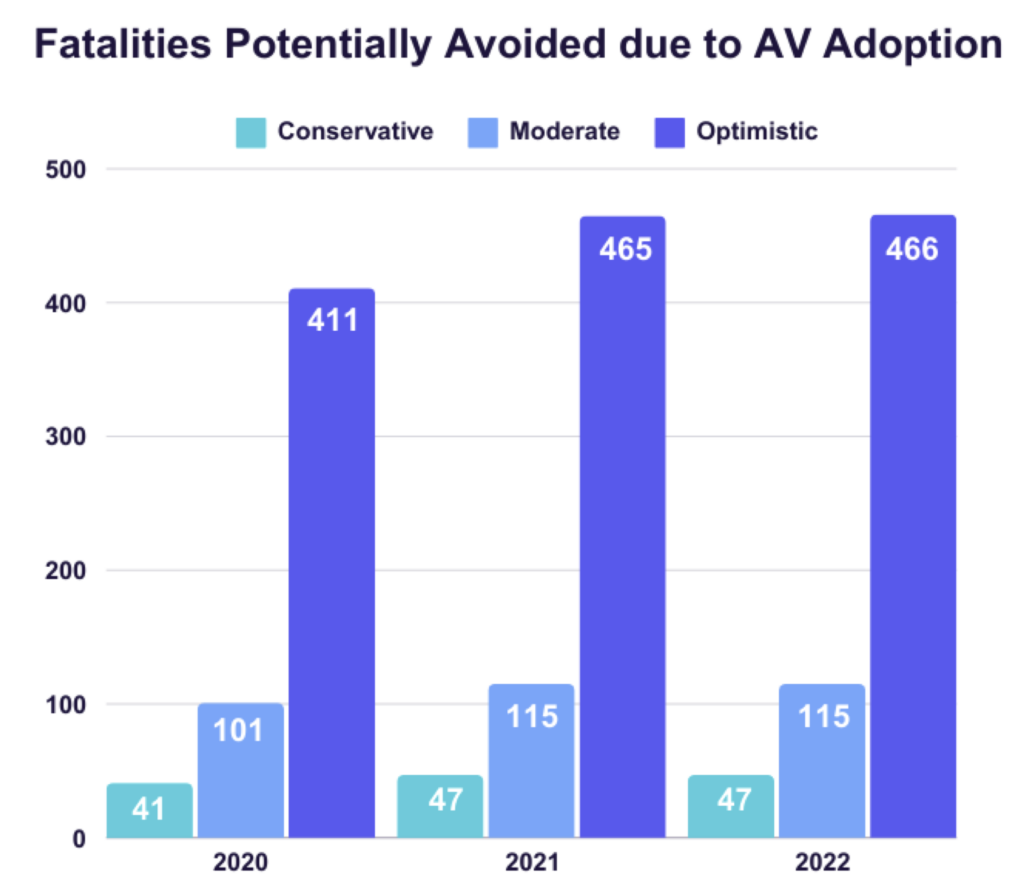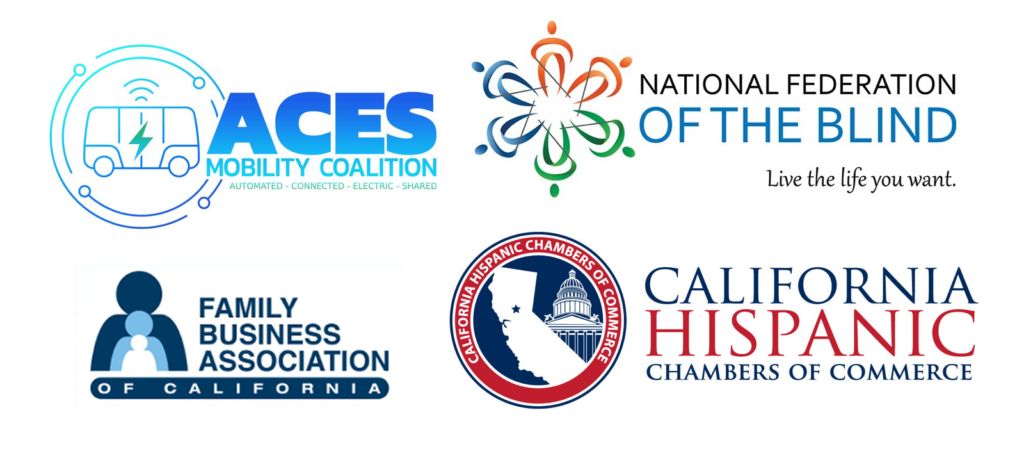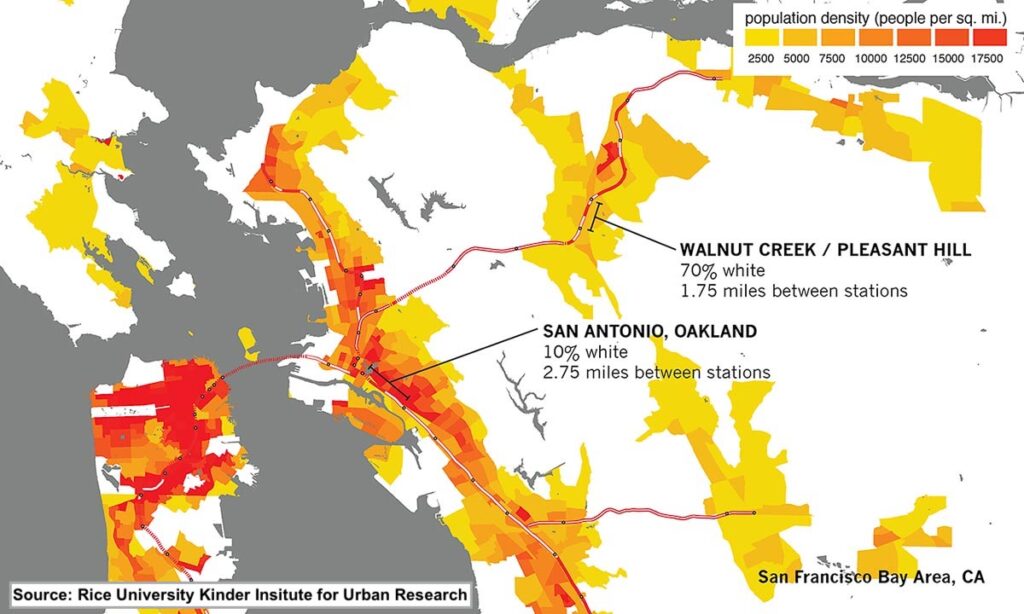Tell the California Legislature: Say NO to SB 915
Autonomous vehicles (AVs) in California will improve safety, lower carbon emissions, promote sustainability, and provide access to transit for the elderly, disabled, and those living in underserved communities—but only if the California Legislature doesn’t stifle innovation by passing SB 915, which would hamstring the expansion of AVs in the state.
Affordable AV services could be a game-changer for those without easy access to transportation, increasing their opportunities and quality of life. Autonomous vehicles will also bring safer streets and reduce the number of accidents in the state. Tell the California Legislature: Support autonomous vehicle expansion and reject SB 915.
AVs Save Lives
Seeking to understand the impact of AV deployment on traffic fatalities, new research by Chamber of Progress Senior Economist Kaitlyn Harger examined how many lives AVs would have saved had California allowed for their full deployment beginning in 2020:

Even in a conservative deployment scenario, with AVs making up just 1.3% of total cars on the road, driverless cars would save an estimated 100 lives and prevent nearly 500 serious injuries over the same period.
Optimistically, AV deployment could have prevented 1,300 roadway fatalities, nearly 5,000 serious injuries, and 46,000 minor injuries in California from 2020-2022.
Read the full report here.
History Shows NIMBYism Halts Progress
SB 915 allows municipalities to effectively veto AV deployment, fueling a “not in my backyard” mentality that has been proven to hurt Californians.
For over 20 years — despite a growing population — every single coastal jurisdiction in California has failed to meet their housing production goals assigned to them by Regional Housing Needs Assessments (RHNA). The California Legislature’s own analysis blames this unprecedented housing affordability crisis predominately on local opposition to regional approvals.
In fact, in cities like Atherton and Belvedere, some of the most expensive places to live in the entire country, local residents are openly acknowledging the severe need for affordable housing, and yet adamantly oppose any offered solutions.
California Cities Have a Track Record of Failing to Prevent Traffic Fatalities
When Californian cities try to lead on roadway safety — a smokescreen offered to justify SB 915 — they consistently fail to meaningfully reduce crashes and fatalities. Since 2016, 19 cities have implemented Vision Zero plans to eliminate traffic-related deaths, but the number of deaths has only increased in the last few years.
Between 2019 and 2022, traffic fatalities increased in California by 22%. Nearly 10 years after Los Angeles adopted its Vision Zero goal, traffic fatalities actually outpaced homicides in 2023. Between their failures on housing and safety, cities have proven they cannot lead in these areas.
SB 915 Faces Strong Opposition from Community Groups
Over 60 transit, disability, and business groups in California have signed onto a letter opposing SB 915 on the grounds that it will stifle innovation in the state, disproportionally hurting already marginalized communities.

AVs Help the Elderly and Disabled
With over 13 million Americans having reported facing travel limitations due to disability, autonomous vehicles simplify travel for disabled Americans and bring ride services to areas where taxis, Lyfts, and Ubers are hard to find.
AVs Promote Equity
Studies show transit systems can favor certain commuters over others, disproportionally leaving communities of color with fewer transit options. Autonomous vehicles can bridge the gap for underserved groups.

AVs Reduce Carbon Emissions
People typically aren’t efficient drivers, burning a lot of fuel from constantly speeding up, braking, and re-accelerating. Because they are programmed to follow traffic rules and speed limits, some autonomous vehicles are already reaching 20% increased fuel efficiency, using less energy and reducing emissions—a win for Californians and the planet.